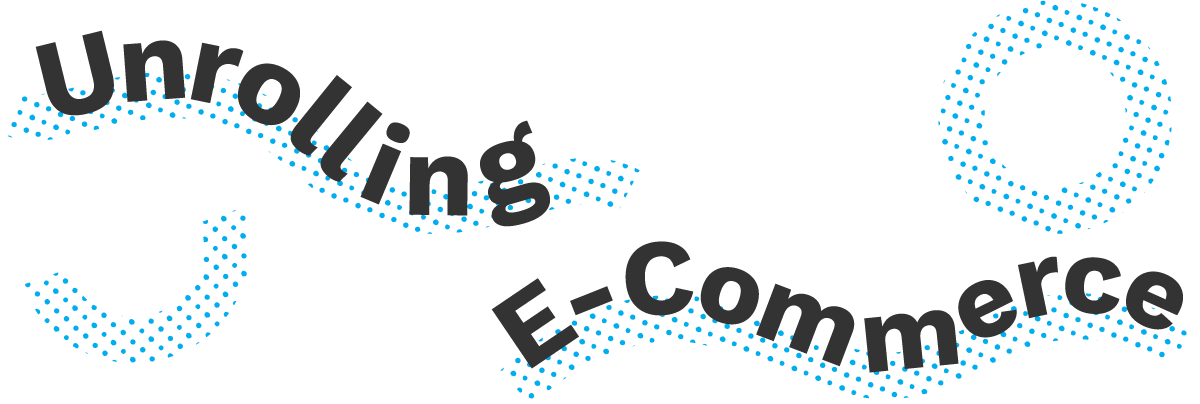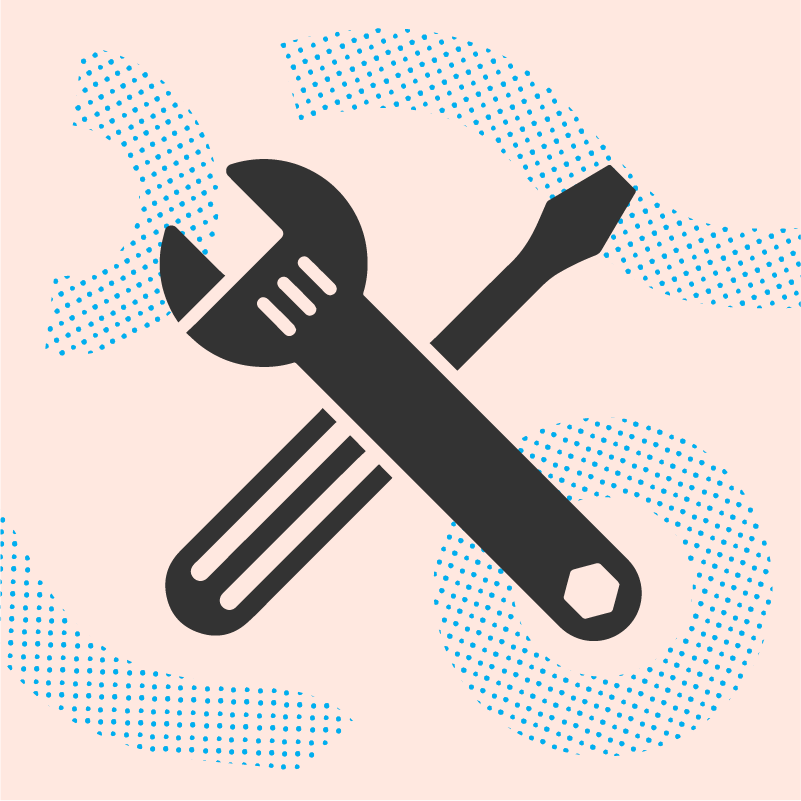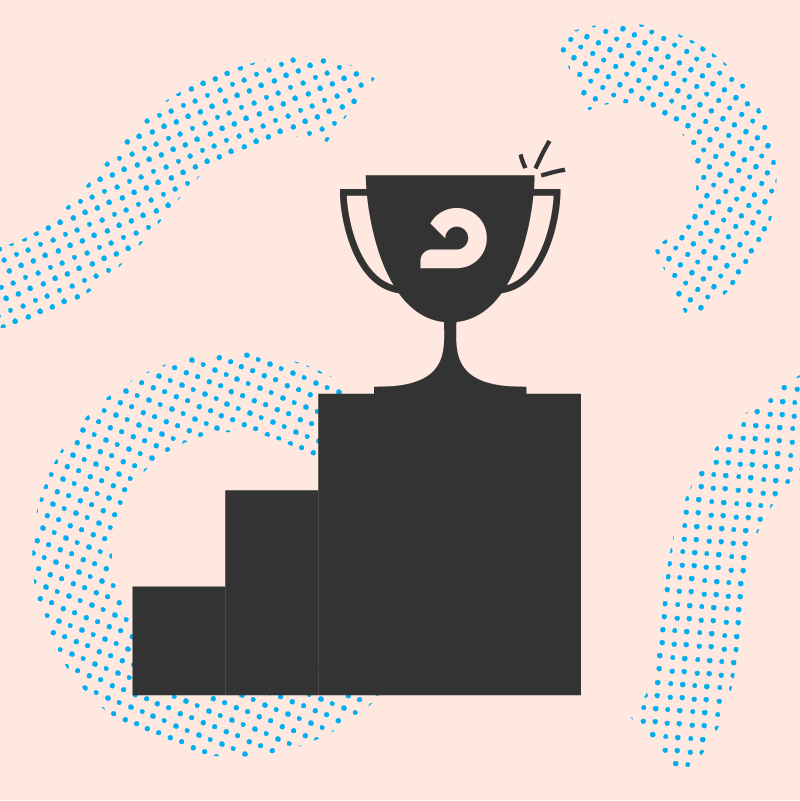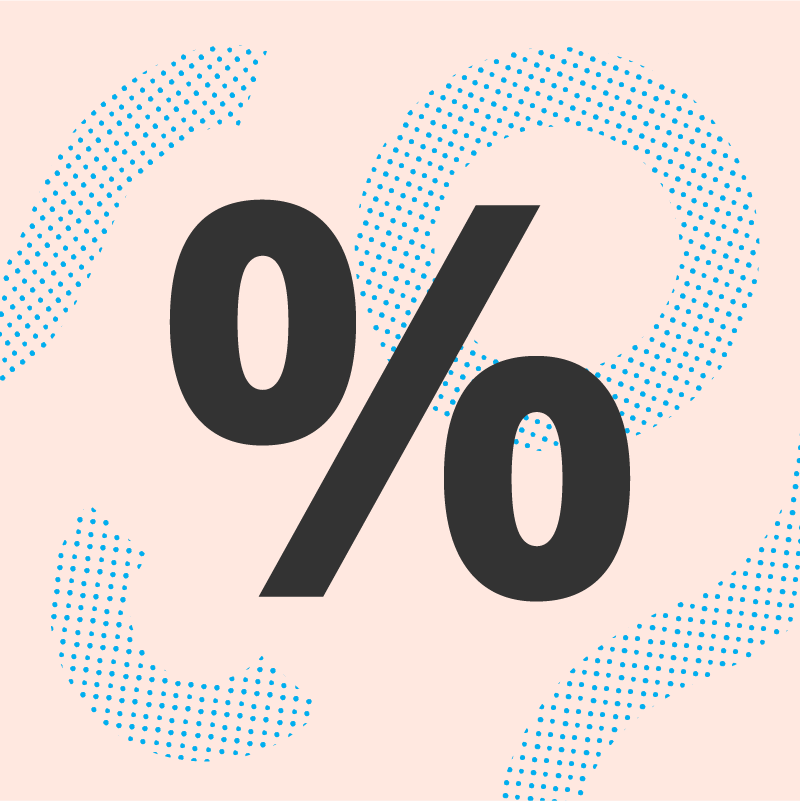

How Ambitious Brands are Approaching the Future of Work
The pandemic has reset major work trends, HR leaders need to rethink workforce and employee planning, management, performance and experience strategies.
This will all have a lasting impact on the future of work. At the moment ambitious brand leaders are evaluating the impact each trend will have on their company’s operational and strategic goals. Interviews and advice from SALT, Catch.co and Carbon lighthouse and Honest Paws.
Subscribe
Episode Guests

Kristen Anderson
Kristen is a product leader in consumer FinTech and banking integration. She co-founded Catch, a Y Combinator-backed startup combining savings, investment, and insurance for those without access to employer benefits. Early in her career, she worked with Commonwealth to design and scale innovative savings products that now serve more than 80 million consumers. Kristen also helped launch one of the first student loan repayment SaaS benefits platforms.

Arsalan Barmand
Strategic Partnerships Manager at Carbon Lighthouse
Carbon Lighthouse is an Energy Savings-as-a-Service company delivering profitable climate solutions for commercial real estate portfolios. Their mission is to stop climate change and make reducing carbon emissions significantly profitable for businesses.

Rob Odell
SALT was founded in 2016 by a group of Bitcoin enthusiasts who aimed to prove that people didn’t need to compromise their lifestyle or forego their needs in order to pursue a long term outlook on cryptocurrency. With SALT, individuals and businesses can secure a fiat or stablecoin loan without having to worry about credit checks.

Erik Rivera
Co-Founder and CEO of Honest Paws
Honest Paws started developing CBD pet products in 2017. From their easy-to-administer CBD oil drops to their scrumptious CBD-infused treats and peanut butter, Honest Paws is the #1 supplier of CBD for dogs.
Resources
Transcript
This is Unrolling E-Commerce with AdRoll. On this episode, ’How Ambitious Brands are Approaching the Future of Work’.
SALT: We've had these tools right like this. Not that we haven't had them. We just yeah. Yeah, and so now we're using them in the way I think that they're actually meant to be used.
Catch.Co: Our belief is that a lot of people are going to be hiring for contract rather than full time role. Concern around having to let people go again or like, just the general uncertainty means that I think people are to be a little bit reluctant to go for full-time like, full benefits employees.
Carbon Lighthouse: Owners, investors, and operators who take a data-driven approach to COVID safety we believe will gain the advantages of systems that will play a vital role moving forward. So, modernization, infrastructure, HVAC will be a driver and a much larger value equation. You know, making those investments is what's really going to differentiate people both in the short-term and long-term.
Adroll: The pandemic has reset major work trends.This experience is going to have a lasting impact on the future of work. At the moment ambitious brand leaders are evaluating the impact each trend will have on their company's operational and strategic goals. Over this episode we'll take a look at the immediate action and future predictions for the workforce, work environment, and strategic plans and goals. Let's start with SALT. The company was founded in 2016 by group of Bitcoin enthusiasts who introduced asset-backed lending to the cryptocurrency marketplace. Fast forward to today and the company builds not only crypto back lending technology, but also scalable institutional grade crypto custody and blockchain monitoring products. We caught up with co-president adn CPO Rob Odell, and director of marketing and communications, Kendra Stags, to hear about the changes they have implemented, and what the future of work looks like for the company.
SALT: We're not dissimilar to a lot of other companies in that heavily scrutinizing continuing like, working from home. You know, we have an office that we still are responsible for. We just got a new CEO and he's fully remote. So, and some of our other team is remote. So we're really taking a hard look at that and really what we can do around that and I would say we've seen productivity increase. I don't know if that means people are working way more outside of normal hours or because they’re working from home, but it's been a good experiment to kind of prove out this model where we've had a couple of employees that have left the company in the past because they wanted to move either to another state or potentially abroad, and it limits the people that can continue to work for us, or even the talent pool. So in the crypto space it's so new. We really want to open it up to as wide as possible. So we're really heavily scrutinizing that and see if that's going to be a thing… I mean, I'm personally pushing for it to continue. I love the flexibility. I love the idea of it, you know if you want to have an office at people go into occasionally, or have regular quarterly, spend the office budget on like a quarterly gathering, you know in person or twice a year kind of thing. You know, so really exploring those ideas and I'm pushing our management team on that, and I guess, you know kind of going back to the thing at the beginning of the that you asked me about as far as my role like myself and really to other people are kind of in charge of running the company at this point and I never thought I'd be in this position to make these kinds of decisions. So I'm having like spend a lot of time thinking about how this would impact like, how to make enough people in the company happy that this will make sense for them. And so, you know things like benefits= for people that are working from home whether that's like, we did a we did a mandatory mental health day that I kind of floated the idea people were like, I don't know if that's a good idea and I just was like no we're doing it. Like I don't I don't care if you fire me. This is something that I feel like people really need. So next Friday for example is absolutely, make it happen like you're not working that day. Turned slack off, go outside like, do whatever you need to do. Stuff like that we're really doing as well. And I think the last thing that Kendra and I talked about earlier that's really changed, and for the better, our written communication as a company has gotten tremendously better. So people think more about communicating their ideas and how to effectively do that. And so, you know centralized documentation, you know around, not just putting something in a Google Drive and forgetting about it forever. So we use like Confluence. It's like a Place where anybody can have access to information and clearly like, laying out your ideas so that you know. The three of us are in a conversation right now, but that doesn't mean we're the only ones that need to know about this like other people need to know about these kinds of decisions and information. So, you know, we're really working heavily towards that as well and people have been very receptive to it and more people than I thought. It's been easier to get people on board with that than I thought it would be as well. So documentation has become, all of a sudden we have diagrams and we have like a lot more process and documentation. We have things that just didn't exist before because we could have hallway conversations about it or we could just walk into someone's face and just talk about it. That's been that's been nice and we've had these tools right? Not that we haven't had them. We just yeah. Yeah, and so now we're using them in the way I think that they're actually meant to be used and it's unfortunate that this circumstance is what brought that about but it's just one of those things where you hear about, you read about like like Amazon like, you know the way that they do meetings, and they have to write everything out before they have a meeting, and you're like, ‘okay. I'm going to implement that in our company’ and then no one does it. But then you have this situation happen and all of a sudden everyone's like writing memos and people are being more thoughtful about how they communicate with each other and more thorough.
So I think that there's you know, always try to find the bright side of things.
Kendra: Engineers read their email.
Rob: *laughs* No, no engineers read their email.
Kendra: Or calendar invites.
It's like time for the meeting and you're like,‘why are you not here’? Like ‘I don't know we had a meeting’. ‘Okay, I'll Slack you next time a few minutes before’.
Rob: Yeah. Slack is absolutely one of the biggest tools in addition to, we went to, we kind of do this before but it's been more more important is going to weekly all-hands meetings and kind of emphasizing like turning on your video. Like, it doesn't matter if you're in your pajamas just like turn your video on so we can see your face and everybody can see each other's faces. And we've done little like culture committee things. Where we did like a themed Hands where everyone was like Tiger King.
I want to I want to be on official record. I still haven't seen Tiger King, you know. It's been fun to think about those kinds of things as well and and have people bring these ideas to you and I think we're doing I guess May is mental health month. And so we're doing like a mental health bingo where you know, you take 6x 15-minute walks this month you get like some kind of little prize or something. So we're trying to If they need to build like community around that stuff and promote, like just you know, hey, like it's okay to like walk away from your computer. You don't have to be there like 7:30 in the morning and 8 p.m. at night like.
Kendra: In a way like we've gotten more flexible but simultaneously more structured. It's kind of like what the All Hands like, we have certain people give updates each week like we go over the 90-day plan every single week and how we're tracking and like it was structured in a different way before but I don't feel like it was as efficient as it is now. Like, everyone knows what the order is like, we all know there's more accountability in terms of everybody knows who's in charge of what and you know, it's like okay if something's you know, not complete on the 90-day plan. We know what team is responsible for that and I think everybody is kind of like after that meeting. It's like okay now we can be flexible in our work day because we all know what our marching orders are and it's just this feel like we get it done in the morning and then everyone can kind of like structure there how they want.
Rob: Yeah.
AdRoll: From crypto lending we're now focusing on Catch, a personal benefits platform that handles taxes, retirement, time off, health insurance, student loan refinancing, all of that in one place. Co-founder and CEO Kristen Anderson explains how the past shaped our current benefit system, and how what we are experiencing now, will shape the future of work contracts.
Kristin: I think there are a couple really interesting data points in the last century or so and I think that you know, the most obvious comparison in terms of what's happening to all of us as a whole, is the Spanish Flu from 1918. What a lot of people don't know is that that's actually the year that the United States Congress passed a massive tax overhaul where they introduced the clause that allowed employers to provide health insurance tax rebates.The US government made employers, gave employers tax breaks to provide health insurance. Nobody really used i because health insurance wasn't like,it didn't exist in the way that it does today right. It's like those just wasn't as much health care out there. But what happens after that because of the pandemic and in the 1920s that you saw I was there was a creation of what's called the M Corp, so it was sort of like the first real modern company and was GM and the M Corp showed that there was this massive demand for really stable jobs, right and people prioritize factory jobs and sort of like, you know union jobs and they wanted stability and especially into the 1930s and he saw the Great Depression people valued stability over overall wealth by a long shot. And all of this is part of the tail end of the like volatility and tumultuous time that we saw between 1918 and 1932. And so there was this creation of the benefit system as it exists today that really happened about a hundred years ago. And so all of the challenges that we see in this system, you know, again, like in changing jobs frequently is such a pain and you know, all this other stuff independent workers don't have, sort of things, can be traced back to that time. So it's sort of this like ad hoc creation of a system that was meant to incentivize stable work. What that sort of means for now is that we really changed the context right? Like we've had an opportunity to just like stop and look around in a way that I think is really difficult to do when there's just traditional inertia, right? We're all living our lives were all you know, having our families and things like that, but crises like the pandemic in 1918, and now in 2020, really give us an opportunity to say well what kind of world do we want to create? In terms of the stability and welfare, we provide for our people. 1918 what you saw was there was a massive move towards like let's create these massive organizations and the biggest companies at the beginning of the 20th century were also the biggest job providers, right? Like they had thousands of employees and if you look now the biggest companies that we have, the Google's or whatever, they are not the largest job providers. And so what we see is that people are opting for more flexibility really a return to that independent workforce. And so we now have a chance to say. Okay. Well, how do we create financial stability given that context.
AdRoll: So what does Kristen predict for the future of recruitment and freelance contracts?
Kristen: I mean, I think no epidemiologist here, but I guess we're all playing at the epidemiologist a little bit. But my expectation is there will be a second bump at some point, second peak that comes just given how things are going and I think because of that businesses are going to be looking at hiring very differently than they did in 2019 and the beginning of the year and our belief is that a lot of people are going to be hiring for contract rather than full-time roles, because it might be more of a concern around having to let people go again or like, just the general uncertainty means that I think people are going to be a little bit reluctant to go for like full-time like full benefits employees. And so, you know was that I guess how that applies to our business is that we just really want to be ahead ahead of that. So that folks who are in that position can at least have some of the tools they need to build out Financial stability while they're working these sorts of non-traditional roles.
AdRoll: Carbon Lighthouse use data to bust carbon emissions in the built environment. Working across hotels, public buildings, and offices. What about the future of the physical work space environment? We caught up with Arsalan Barmand, the company's Strategic Partnerships Manager.
Arsalan: These owners, these building and hotel owners, they will invest whatever money they need to, to address the concerns of their tenants and guests, because they want to retain their tenants. They want to stay competitive in terms of gaining new tenants. They want to drive guests bookings for hotels because that's a major revenue source, so that investment in money and the kind of upgrades that we believe that people are going to be making to their buildings and hotels will undoubtedly drive up their energy costs, but owners, investors, and operators who take a data-driven approach to COVID safety we believe will gain the advantages of systems that will play a vital role moving forward. So modernization, infrastructure, HVAC, will be a driver and a much larger value equation, driven in this case unfortunately by deadly virus, but also where we're at now, a buyers market increasing concern for human impacts on the climate. So I think you know, making those investments is what's really going to differentiate people both in the short-term and long-term, benefiting long-term with optimization HVAC systems that will deliver financial value, operational efficiency, and climate impact. Well, I'm you know, very social so I like the office space. I like being with my colleagues on a daily basis and being able to sort of have those organic conversations. Mentoring folks, the spontaneous collaboration and that kind of organic creativity. It's not easily replicated over Zoom, unfortunately, but I like being in that social space, especially with the trend that we saw over the last several years with WeWork and with even landowners themselves kind of creating more common areas and taking what might otherwise be called kind of like a hospitality approach to the office space, where it's more like, communal like, gathering around a coffee area or a bar and kind of facilitating those organic conversations. So I already miss that a lot after what we're at two and a half months of working from home, but I think everyone's sort of risk appetite is going to be different and I think that we're not going to see full occupancy of buildings or even hotels right from the get-go when they open over the next few weeks and months here. So there are steps. Obviously we've talked about that building owners have to take and that might include spacing people out literally, physically spacing people out using desks out and then the big sort of elephant in the room is elevators and those tight quarters that are not easily replaceable. So I still think that they're, I don't think this is like the death of office space or anything like that. But I think it will take years to recover to the levels we were at even in January and February of this year (2020). I think a lot of companies are going to do phased returns or just kind of, you know, punt to the employees to say whoever feels comfortable coming in can do so and I think a lot of people especially left to take public transportation to get to work are going to be more risk-averse and are going to be less likely to come in. I'm lucky in that I can walk to our office in San Francisco, but many of our colleagues based here in our headquarters live in the East Bay. So literally, it's do you want to get on BART from come through, maybe not till post vaccine? I don't know maybe once a week or kind of doing something a little bit different like having meetings maybe in the evenings at an outdoor bar. I'm down for it. Maybe coffee outside in the morning somewhere where they might be able to take a car or biking or something. I think if anything if we just spend more time outside, I'm obviously, we're all environmentalists and conservationists that Carbon Lighthouse. So that's that would be really good too.
AdRoll: What about if your company is already operating remote and office space isn't an issue. Here's Eric from Honest Paws, a company that makes all natural hemp treats and chews for dogs.
Eric: You know, in terms of work trends, I think there's going to be, you know, at least in our company… We have, we've initiated mental health days but said like, ‘you have to take them’, and the reason was was just reduce the kind of you know inertia for people to feel comfortable doing it. Right like obviously in this environment one, you know, there's there's people getting laid off furloughed and see that there's like this natural anxiety to taking off and doing that. So we created mental health days, and just said, ‘hey take off two days, you don’t have to answer (calls/emails). Whatever you want to do’, and that's been pretty cool. But I also think like kind of figuring out how companies can help support that work-life balance because if you are working from home and you have kids and your kids are not in school, as a company know there's this thing I know there's been a discussion like ‘is that our responsibility or not’? And it's like I don't I don't think it's necessarily a responsibility, but you got to be cognizant of how people work right and so like I think kind of shifting and being more flexible as a company to accommodate people's schedules they can like, get what they need to get done and then also like get work done. I think that because usually you should have to work right near there. I think that is going to evolve. I know it's evolved in our company and that to be honest, you know, the outcome has been great and it just requires a little bit of coordination little bit of planning. Nothing else. I think that that's one trend that will change and if if remote work sticks the byproduct of that is where people were from could change. You’re in San Francisco, I live in San Juan Puerto Rico. I got team members in Uruguay, Toronto, all over the place. Right? And so where work happens can start to change literally where people live right? Like why live in a high cost area, you know other than networks, if you could work from anywhere, right? And so we've seen that in our company, which is again just a slither of this. As we have a remote culture, that's truly remote, meaning you can live anywhere, don't care. You have your laptop, we have meetings and all that jazz. We got people like one person or a company is like they were taking like a van trip across the country and like working remotely, other people have moved to places that you know, outside of New York City to Vermont because they didn't really want to live in New York anymore. So I think it'd be kind of interesting to see how individuals kind of change where they work from overtime.
AdRoll: Thanks to Salt, Catch.co, Carbon Lighthouse, and Honest Paws for featuring in this episode. Links to all of the companies can be found in the show notes. We have a whole host of free resources for you from webinars and blog posts, to ebooks and livestreams, go to AdRoll.com/resources for more information or you can always follow us on Instagram, Facebook, LinkedIn, and Twitter to stay connected and get in touch.

